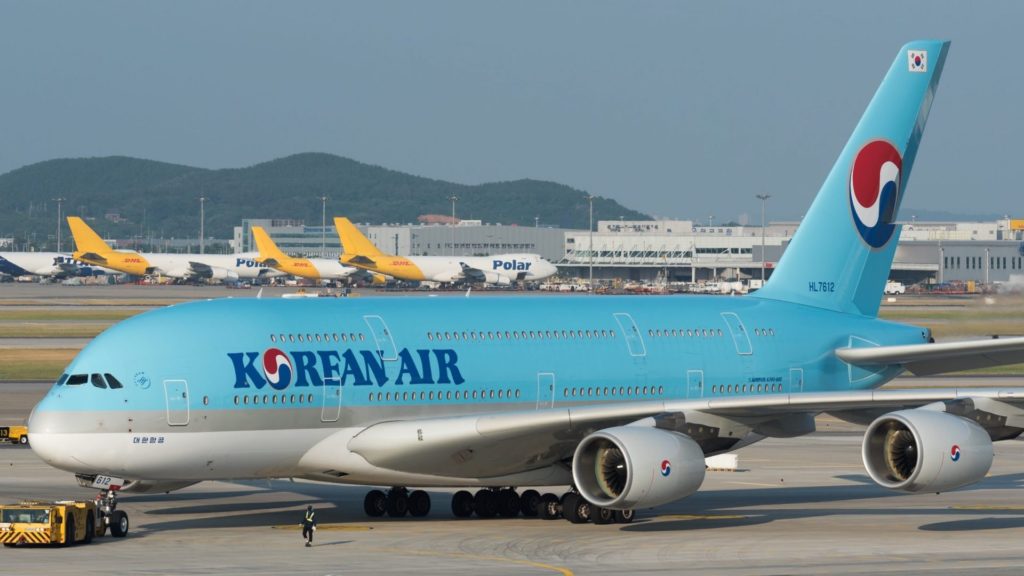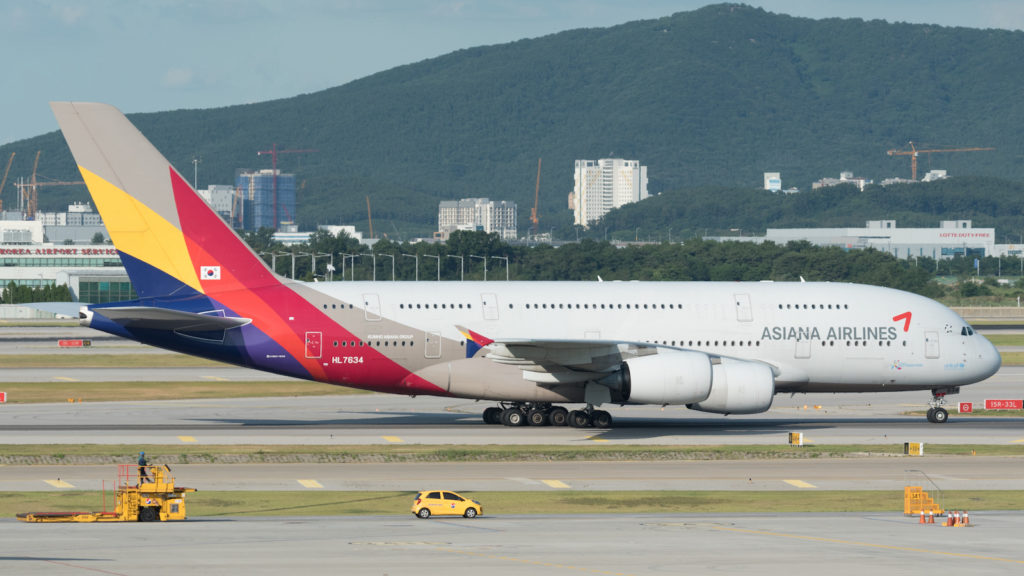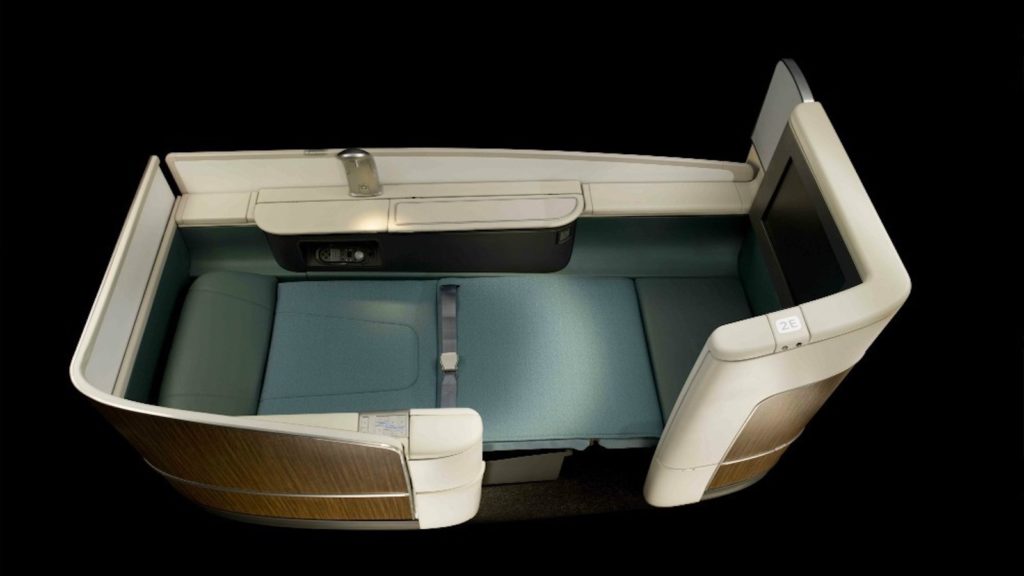Korean Air acquires Asiana Airlines rival

What we'll be covering
This article originally appeared on AirlineGeeks. Additional reporting by Daniel Sciberras.
After being hit hard by the coronavirus for several months, a large merger and acquisition is going to happen in South Korea. Korean Air will acquire a 63.9% stake in Asiana Airlines and its no-frills carrier, Air Busan and Air Seoul for $1.62 billion. The airline will become the world’s 10th largest airline after the deal is completed.
According to the local media, the state-run Korea Development Bank, also the creditor of Asiana Airlines gave a green light and inject capital of $722 million into Hanjin KAL, the parent company of Korean Air.
In response to the acquisition, Korean Air Chairman Won-Tae Cho said,
The company made the decision to help the country’s airline industry continue to grow and minimize the injection of public funds.
Cho insists that the deal will protect the two airlines’ employees first.
Sang-Do Kim, Deputy Minister for Civil Aviation at the Ministry of Land, Infrastructure and Transport believes it is an “inevitable decision” to integrate the two biggest airlines in the country to avoid further financial loss during the extended pandemic.
Korean Air will raise $2.25 billion next year for the deal, the leftover funds will offload its debt. The acquisition is expected to be completed by next year, however, the country’s antitrust regulator will review the deal over the competitive issue.
Asiana Airlines has been facing headwinds since last year. In September, the government injected $2.17 billion into Asiana. However, the aviation industry is seeing a silver lining in the third quarter, Asiana revealed a profit of $2.1 million due to a surge in cargo demand.

Last year, Korean conglomerates Hyundai Development Co. and Mirea Asset Daewoo teamed up to bid on Asiana Airlines as they offered $2.1 billion for a 31% stake in Asiana. The beleaguered airline was expected to benefit from Hyundai’s cargo demand. The pandemic resulted in the termination of the transaction. According to Asiana Airlines, the airline was founded in 1988 and owns a fleet of 68 aircraft.
Meanwhile, Korean Air has been suffering from the pandemic and posted a loss of $29 million in the third quarter. The airline has tried to enhance its cargo services to increase the revenue as two 777-300ER aircraft have been converted into cargo transporters.
During the pandemic, Korean Air has been trying to cut its expenditures and extend the unpaid leave program. In addition, the airline has planned to sell the land in the capital and Wilshire Grand Center in Los Angeles to stay afloat. Earlier, the airline sold its in-flight meal and in-flight duty-free sales divisions for $1.01 billion.
What does this mean for Australian-based flyers?
On the local front, the loss of Asiana Airlines means a loss in a potential option for Star Alliance members, who may hold substantial balances in Star partner Singapore Airlines KrisFlyer if you had managed to transfer some Velocity Points into KrisFlyer miles when the transfer option was still live.
However, a stronger Korean Air is not necessarily a bad thing, with the airline being one of a small remaining number that continues to offer a dedicated First Class cabin.

While it is not particularly easy to directly earn and redeem miles in Korean Air’s SKYPASS program from Australia, there are a few ways to indirectly go about doing this. The main way is through the American Express Membership Rewards program, where members can transfer their Amex Rewards points into either Emirates Skywards or Etihad Guest, and then redeem these miles for Korean Air flights.
Alternatively, you could look to obtain the Emirates Citi World Mastercard or a Citibank Premier, Citibank Prestige or Citibank Rewards cards.
* Featured image courtesy of Ben Suskind, AirlineGeeks.





Community